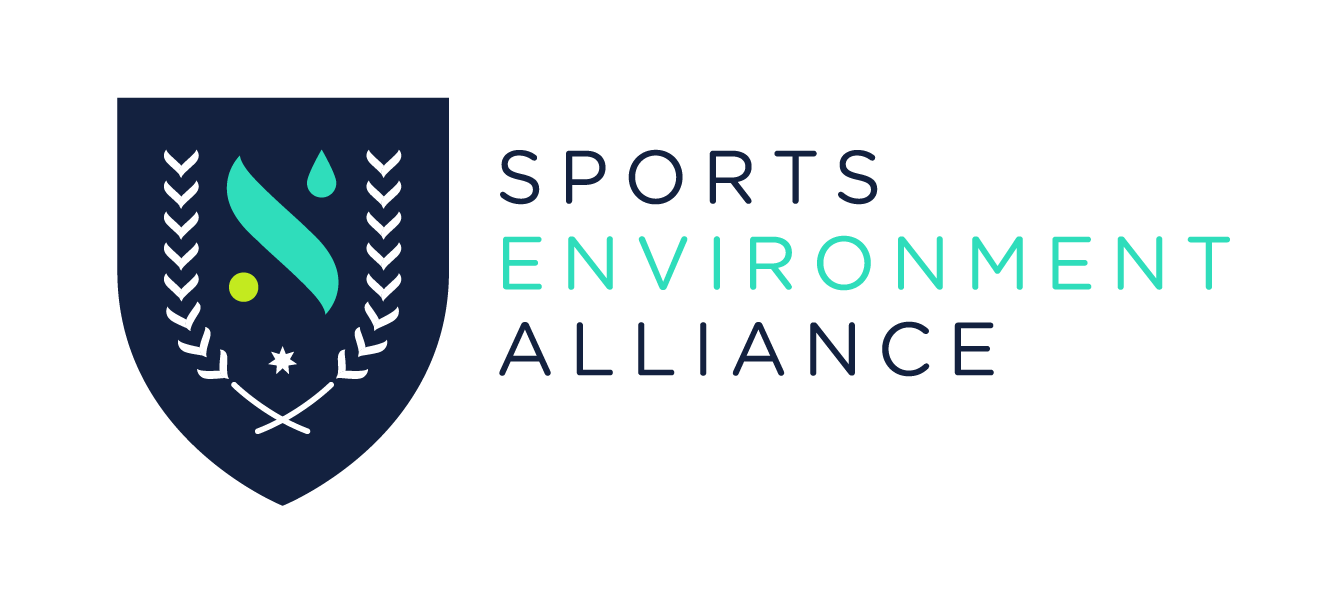SEA welcomes Melbourne Racing Club’s carbon footprint report release
SEA Member Melbourne Racing Club (MRC) released its inaugural Greenhouse Gas (GHG) Accounting Report last week.
Created in collaboration with SEA Partner South Pole, this report represents one of the first comprehensive summaries of an Australian sporting organisation’s complete, company-wide greenhouse gas emissions.
Commenting on the release of the report, SEA CEO Katherine O’Regan said that this is yet another great example of how SEA Members are taking charge and are elevating their sustainability initiatives to achieve a common goal of protecting our places of play for generations to come.
“We congratulate SEA Member Melbourne Racing Club on the release of this trailblazing report and commend the club for putting sustainability high up on the agenda.
“SEA is proud to support and enable its members’ sport and climate journeys; and cultivates an extensive network of allies and partners such as South Pole, to ensure that we can collaborate and collectively deliver on our shared promises,” she said.
Using 2019, the most recent year of unrestricted trading, as a baseline for the report, findings include that MRC emits an average of 77,000 tonnes of carbon dioxide equivalent (tCO2e) emissions.
To put this figure into perspective, the report highlights that an average household produces 18 tonnes of CO2e; and for the capture of one tonne of CO2 emissions, 50 trees must grow for one year.
The report also highlights that 83 percent of MRC’s emissions are created from grid electricity, purchased goods and services, food and beverage purchases and supplies, waste generation and capital expenditure.
Astrid MacCarthy, General Manager – Sustainability & Procurement, MRC, explained that the commissioning of this report will allow MRC to put in place actions to work towards minimising MRC’s environmental impacts across their operations and events.
“Our vision is to be the best and most progressive race club in the world, where we conduct ourselves in a socially responsible way. We can only do this if we care about the planet we operate in and want to minimise our impact” she said.
MRC is committed to reduce its carbon footprint by 50 percent by 2030 and achieve net-zero by 2050. To date, some of the actions MRC has undertaken to reduce its carbon footprint and deliver on its sustainability plans include:
- Becoming a SEA Member
- Installation of solar panels
- Initiatives to divert waste from landfill
- Reducing print and paper use
- Removing single-use plastics such as straws and containers.
Sports, clubs, organisations and individuals seeking support or advice on how to get started on their sustainability journey are invited to join SEA I www.sportsenvironmentalliance.org/join-the-movement
-ENDS-
For further information, or to arrange an interview, please contact Anna Haines at communications@sportsenvironmentalliance.org.

